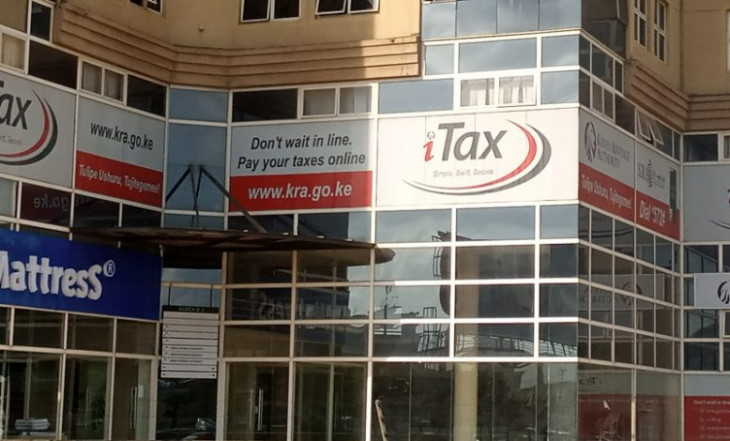Pay As You Earn (PAYE) is the income tax that employers deduct from employees’ salaries every month on behalf of the Kenya Revenue Authority (KRA). This system ensures that taxes are collected at the source before workers receive their net pay. Employers are required to remit these deductions and file a PAYE return through iTax on or before the 9th day of the following month.
What Income is Taxable?
PAYE applies to most forms of income including wages, salaries, bonuses, overtime, and commissions. Some non-cash benefits, such as employer-provided housing or cars, may also increase taxable pay if they exceed set limits.
KRA Tax Bands (from 1 July 2023)
KRA uses tax bands to calculate PAYE progressively:
- First Ksh24,000 – taxed at 10%
- Next Ksh8,333 – taxed at 25%
- Next Ksh467,667 – taxed at 30%
- Next Ksh300,000 – taxed at 32.5%
- Income above Ksh800,000 – taxed at 35%
All resident employees also enjoy a personal relief of Ksh2,400 per month (Ksh28,800 per year) which reduces the final tax payable.
Example of PAYE Calculation
If an employee earns a taxable salary of Ksh100,000:
- First 24,000 × 10% = Ksh2,400
- Next 8,333 × 25% = Ksh2,083.25
- Remaining 67,667 × 30% = Ksh20,300.10
Total tax before relief = Ksh24,783.35
After subtracting personal relief (Ksh2,400), the PAYE due = Ksh22,383.
Other Considerations
Certain deductions can reduce taxable income, such as pension contributions, mortgage interest (within limits), and the Affordable Housing Levy. Statutory deductions like NSSF and NHIF are also applied before arriving at the net salary.
Why You Should Check Your Payslip
Employees should review payslips monthly to confirm gross pay, PAYE deductions, and statutory contributions. Failure by employers to remit PAYE on time attracts penalties, but awareness helps workers ensure compliance.

